Digital transformation right from the factory
Promoting the application of digital transformation in the industry and trade sector is extremely necessary to improve the management and operation efficiency of the Ministry of Industry and Trade as well as promote the digital economy in the sector.
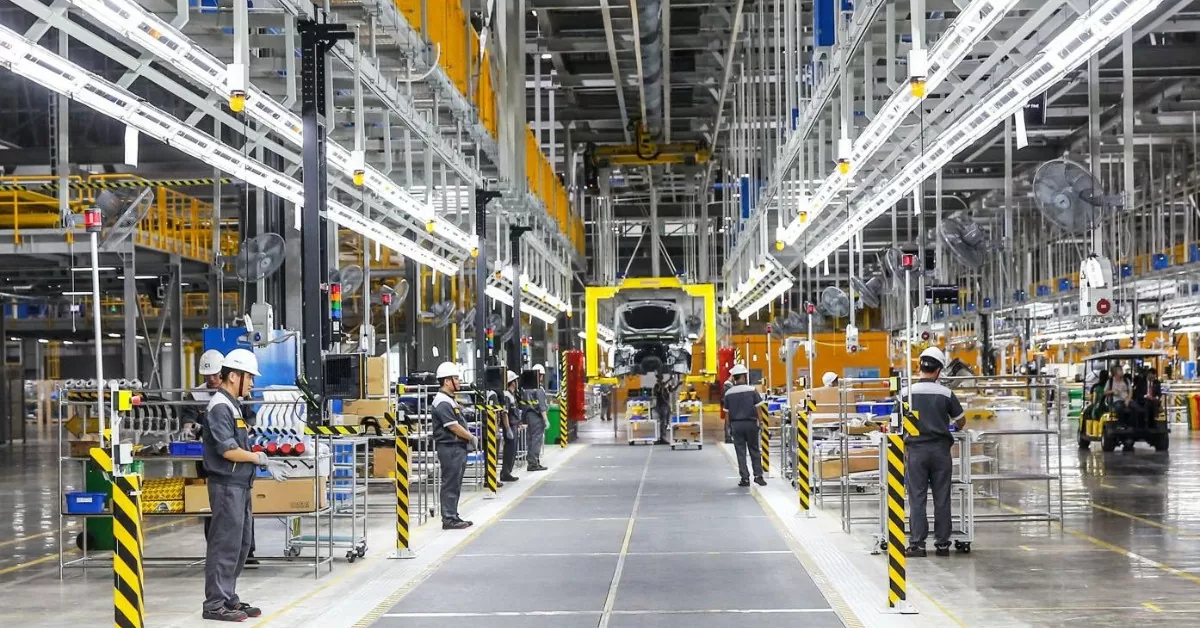 |
| Digital transformation in the manufacturing sector helps businesses reduce costs and increase productivity. Photo: TT |
Sharing about this content, Mr. Nguyen An Son - Head of Project Development Department, Center for Information Technology and Digital Technology, Department of E-commerce and Digital Economy (Ministry of Industry and Trade) said that, recognizing early the benefits of digital transformation, implementing the policies of the Party, the State and the national digital transformation program of the Government, the Ministry of Industry and Trade identified digital transformation as a strategic and important task to restructure the industry and trade sector in the period up to 2030, in which "taking people and businesses as the center of service".
However, in reality, the application of digital transformation in industrial enterprises and manufacturing and processing industries in Vietnam still has many limitations. The readiness to apply 4.0 technologies in production and business activities is still low, most enterprises are facing barriers such as lack of digital skills and human resources, lack of information technology platforms, lack of digital thinking or challenges of digital culture in enterprises...
Talking to Cong Thuong Newspaper, Mr. Chu Viet Cuong - Director of the Center for Industrial Development Support, Department of Industry (Ministry of Industry and Trade) expressed that in recent times, the Department of Industry has regularly organized activities to support industries, especially supporting industrial enterprises, in applying digital transformation models and developing smart factories, with the aim of supporting industrial enterprises to improve their capacity and optimize the production process, meeting the supply chain and competitive chain globally.
For example, the textile industry has applied the technology of the Fourth Industrial Revolution to production, such as smart textile factories using digital devices connecting the entire factory via IoT (Internet of Things); 100% shirt production lines combining people and machines... Currently, 35% of textile manufacturers are ready to integrate IoT technology; 42% are ready for cloud computing; 18% are ready to apply blockchain; 27% are ready to use data management platforms...
In order to promote digital transformation models, the Ministry of Industry and Trade has cooperated with a number of multinational corporations, such as Samsung, Toyota... to train consultants, trainers, and provide training on modern production and quality management models for a number of enterprises. The program to support industrial manufacturing enterprises in applying 4.0 technology through digital transformation to develop smart manufacturing by 2030 is also being developed by the Ministry of Industry and Trade and submitted to the Prime Minister for approval...
Some typical smart factory models in the industrial sector in Vietnam are Thaco-Mazda Automobile Assembly Plant; Vinfast Automobile Manufacturing Complex; Vinamilk Milk Factory in Binh Duong; Rang Dong Light Bulb and Vacuum Flask Joint Stock Company; Hanoi Beer - Alcohol - Beverage Corporation...
In addition, the Ministry of Industry and Trade is developing a Program to support industrial manufacturing enterprises in applying 4.0 technology through digital transformation to develop smart manufacturing by 2030. This will be a key program to directly support enterprises in successfully transforming digitally in the coming time.
Need a "push" from institutions and human resources
The digital transformation process in recent times has been assessed to have changed the face of the industrial sector, gradually reducing the proportion of mining industries and increasing the proportion of processing and manufacturing industries. However, according to the general assessment, the level of readiness for digital transformation in industrial enterprises is still low. Digital transformation is mainly in large-scale enterprises...
The difficulty is that the dependence on technology is tending towards large enterprises and FDI enterprises, accordingly, small enterprises find it difficult to access advanced production lines and technologies. “In addition, in terms of human resources, especially in the upcoming period, AI has been affecting the quality and issues related to quality, the ability to provide human resources of the digital transformation manufacturing industry in the industry…” - Mr. Nguyen An Son pointed out.
From a business perspective, Dr. Nguyen Huu Phuoc Nguyen - CEO of Selex Motors said that the most important thing is that the business leader must recognize and correctly assess the business's digital transformation needs and have a roadmap for appropriate transformation.
Regarding human resources, Dr. Dang Trong Hop - Head of Information Technology Department, Hanoi University of Industry proposed a solution. Realizing the importance of training human resources for the development of digital industry, in recent years, Hanoi University of Industry has continuously innovated and improved training programs, especially opening new training programs according to trends and social needs.
Currently, Hanoi University of Industry has 5 training programs accredited by ABET standards of the United States (including Computer Science, Automotive Engineering Technology, Mechanical Engineering Technology, Electronics and Telecommunications Engineering Technology, Electrical and Electronic Engineering Technology). In addition, there is an electronics and telecommunications program in the field of digital technology that is accredited by ABET of the United States.
From the efforts of enterprises, Mr. Chu Viet Cuong informed that in the coming time, the Ministry of Industry and Trade will continue to perfect the legal framework on digital transformation such as researching, reviewing, proposing and amending and supplementing legal documents on digital transformation.
In addition, it is possible to issue an industrial production support program towards applying 4.0 and moving towards digital transformation to develop smart factories by 2030. Next is to continue supporting businesses in the process of training technicians on digital transformation with the aim of raising awareness of digital transformation for businesses.
On the side of relevant departments, branches and localities, we will also support businesses to minimize administrative and legal procedures so that businesses can access digital transformation and smart factories faster. For financial institutions such as banks, there should be preferential policies on taxes or credit loans, loans with longer terms and lower interest rates. For associations, the industry will be a bridge between businesses to raise awareness of digital transformation or apply smart factory management models in the production and management process.
In the context of supply chains continuing to shift and digitally transform towards smart manufacturing, Vietnamese enterprises are facing many opportunities to create new developments and enhance competitiveness.
The digital transformation and smart manufacturing improvements that businesses have achieved are not only thanks to the support of the State and the guidance of experts, but also require strong investment determination as well as the efforts of the leadership team and employees in each business. Grasping the opportunities from the trend plus the determination of businesses to transform will create momentum for Vietnamese businesses to improve their competitiveness, participate more deeply in global supply chains, and contribute to promoting the development of Vietnam's industry.
| Promoting the application of digital transformation in the industry and trade sector is extremely necessary to improve the management and operation efficiency of the Ministry of Industry and Trade as well as promote the digital economy in the sector. In particular, in the manufacturing sector, the digitalization process is assessed to have changed the face of the industry, gradually reducing the proportion of mining industries and increasing the proportion of processing and manufacturing industries. |
Source: https://congthuong.vn/so-hoa-trong-nganh-cong-nghiep-doanh-nghiep-san-xuat-da-san-sang-385887.html



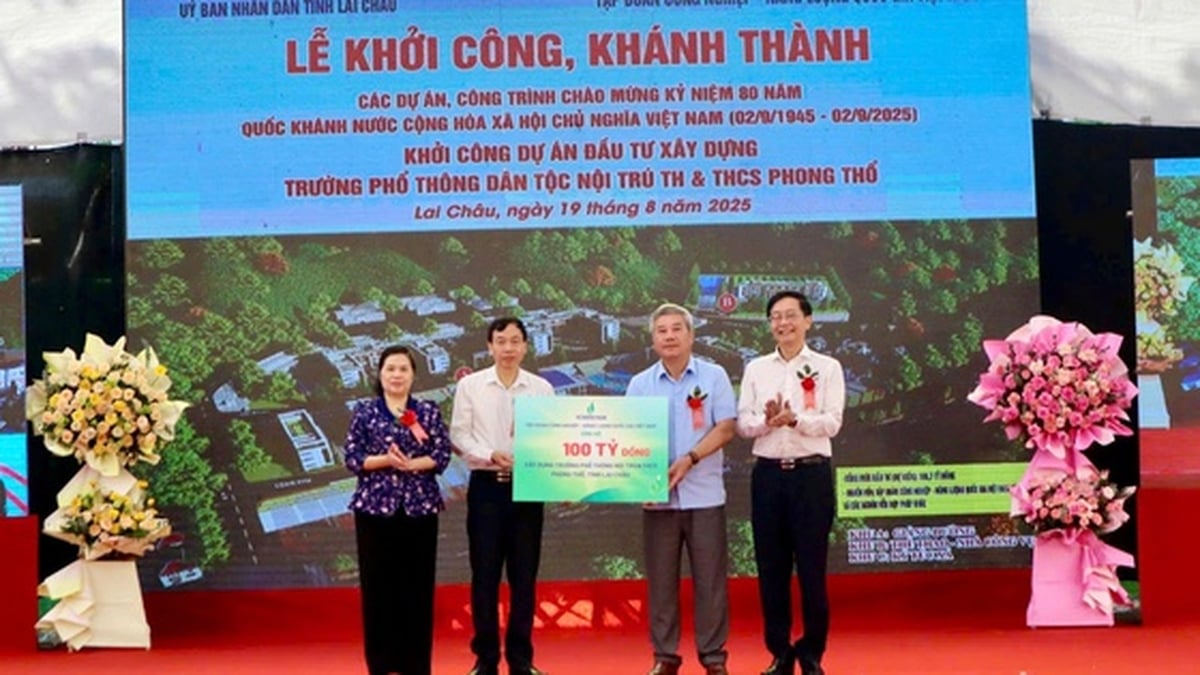



















![[Photo] General Secretary To Lam and President Luong Cuong attend the handover ceremony of the Presidential Office Headquarters](https://vphoto.vietnam.vn/thumb/1200x675/vietnam/resource/IMAGE/2025/8/19/a37cfcbd301e491990dec9b99eda1c99)
![[Photo] President Luong Cuong's wife and Queen of Bhutan visit Tran Quoc Pagoda](https://vphoto.vietnam.vn/thumb/1200x675/vietnam/resource/IMAGE/2025/8/19/62696af3852a44c8823ec52b03c3beb0)
![[Photo] Close-up of the first International Financial Center building in Ho Chi Minh City](https://vphoto.vietnam.vn/thumb/1200x675/vietnam/resource/IMAGE/2025/8/19/3f06082e1b534742a13b7029b76c69b6)

![[Photo] General Secretary and Prime Minister visit the National Exhibition and Fair Center](https://vphoto.vietnam.vn/thumb/1200x675/vietnam/resource/IMAGE/2025/8/19/f4503ad032d24a90beb39eb71c2a583f)

![[Photo] General Secretary To Lam attends the inauguration and groundbreaking ceremony of 250 projects to celebrate National Day](https://vphoto.vietnam.vn/thumb/1200x675/vietnam/resource/IMAGE/2025/8/19/3aa7478438a8470e9c63f4951a16248b)






























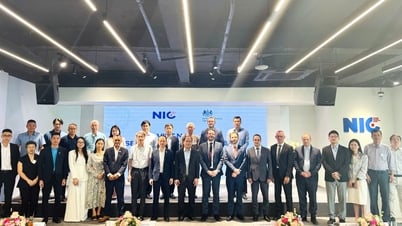

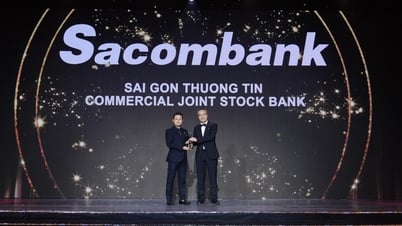




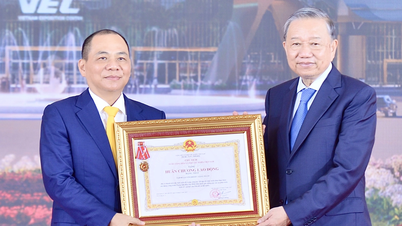


![[Photo] President Luong Cuong holds talks with King Jigme Khesar Namgyel Wangchuck of Bhutan](https://vphoto.vietnam.vn/thumb/402x226/vietnam/resource/IMAGE/2025/8/19/95a2f504f8ab4777ae48b1164382f6cf)


































Comment (0)